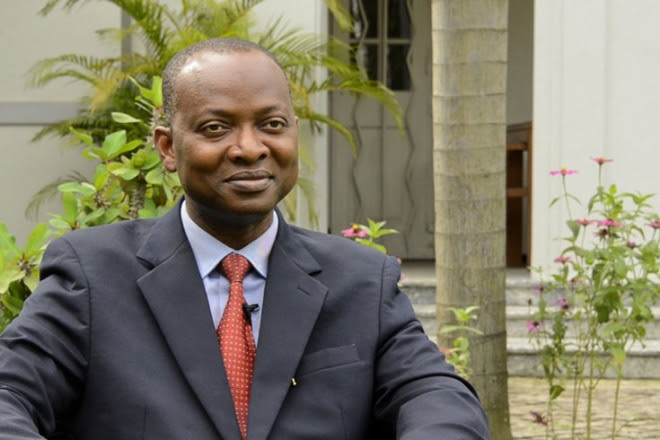Investors require urgent reforms in Myanmar to help their ventures to succeed, especially access to finance, land, electricity and skilled workers, according to a new World Bank survey just out.

The Enterprise Survey was carried out in the Spring of 2014, covering Yangon, Mandalay, Monywa, Taunggyi and Bago, according to a World Bank press release dated 31st October.
The survey says addressing the key constraints of access to finance, land, electricity and skilled workers is critical to ensuring a fair and transparent business environment in which all private enterprises can grow and create jobs.
The survey of private sector firms in Myanmar included interviews with more than a thousand foreign and domestic non-agricultural businesses, in manufacturing, retail and other services. Some 23 percent of firms identified access to finance as the top barrier to their operations – just 30 percent of the surveyed firms have a bank account, by far the lowest figure in the region.
The survey comes out around the same time the World Bank issued their “Doing Business 2015: Going Beyond Efficiency 2015” report that places Myanmar a dismal 177 out of 189 countries in terms of ease of carrying out business in the country.
“The findings from the survey offer not only a good snapshot of Myanmar’s current situation, but also allow comparison across countries, in order to assess the business environment and barriers facing firms doing business in Myanmar,” said Abdoulaye Seck, the World Bank's country manager in Myanmar.
He said the survey results and analysis will help inform government policy to create a level playing field that helps promote investment, productivity, growth and jobs.
More than a fifth of those surveyed indicated access to land as the main problem, while 17 percent and 9 percent cited access to electricity and access to skilled workers as their primary constraints, respectively.
The World Bank Group has conducted similar surveys in 130 countries with more than 130,000 firms across the globe.
The survey in Myanmar was supportedby the United Kingdom’s Department for International Development, and has been carried out in close collaboration with the Ministry of National Planning and Economic Development.



